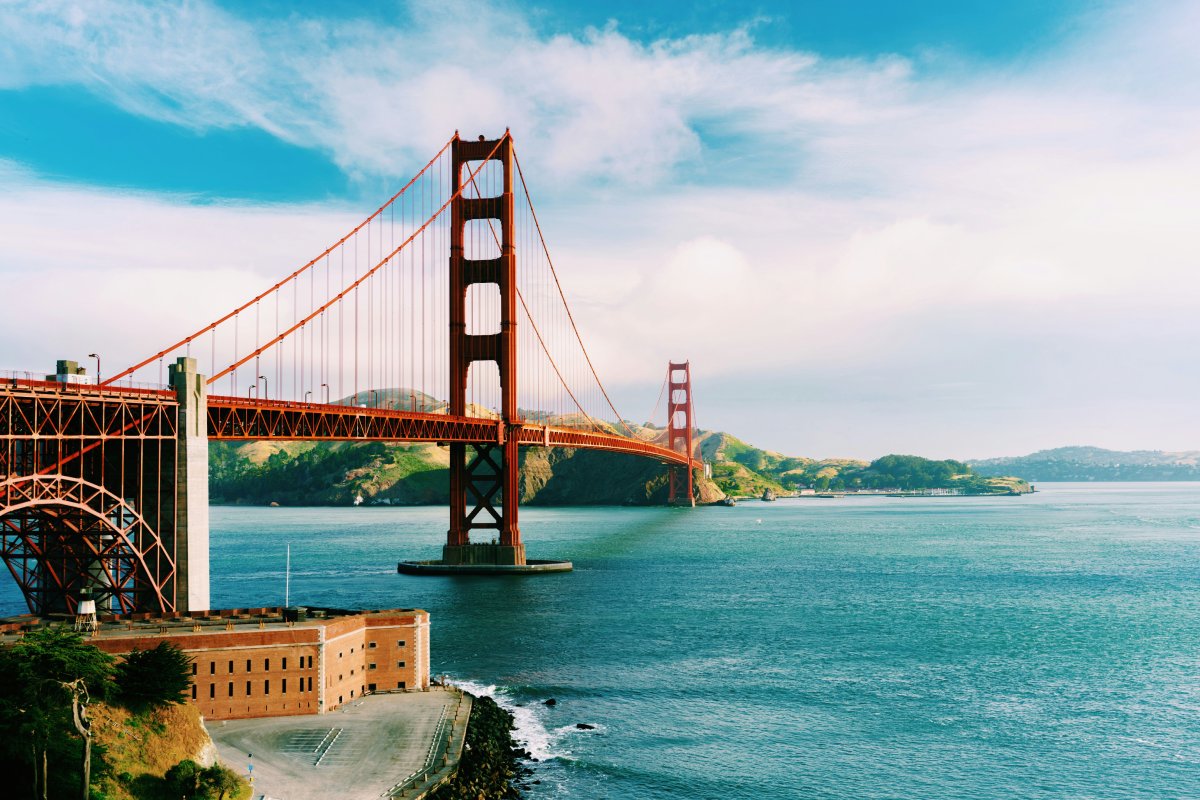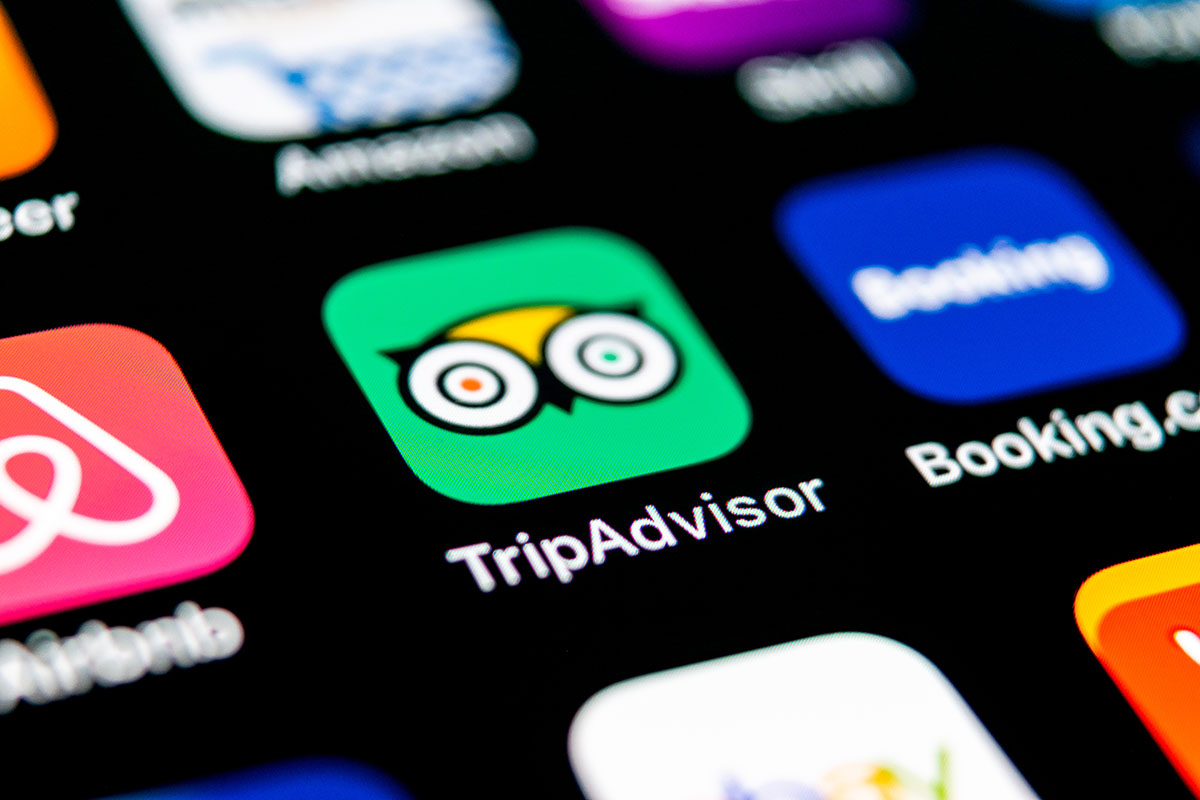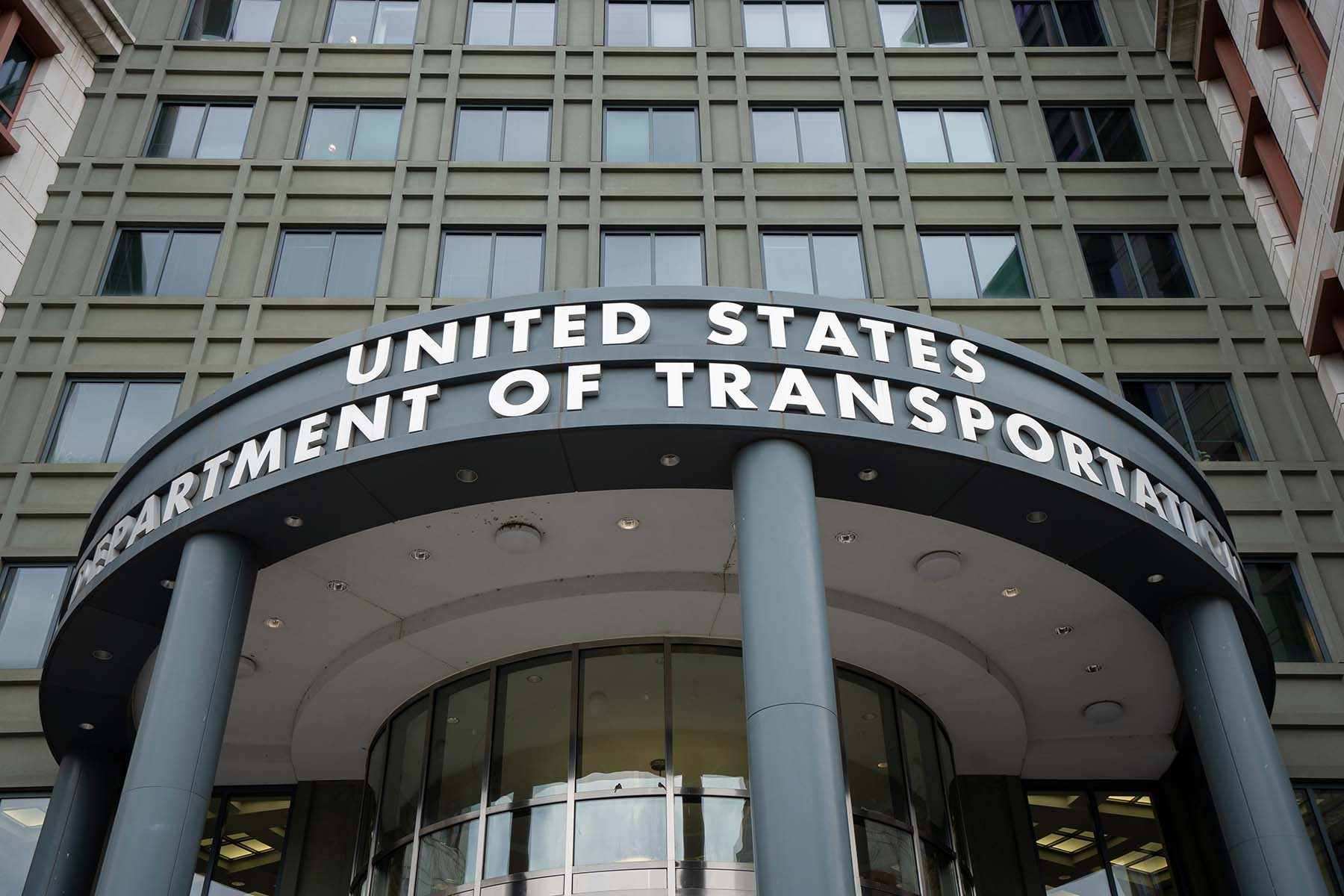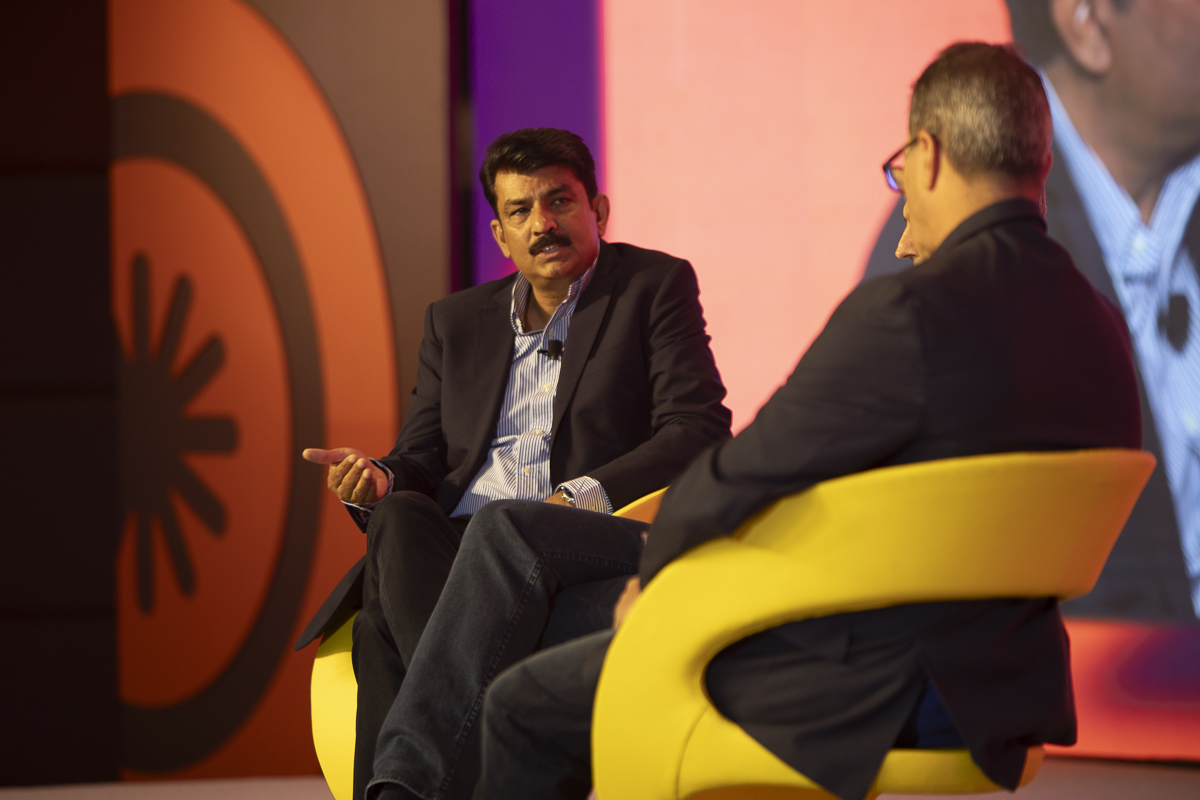San Francisco Gets Tourism Bump from AI – But Recovery Will Be Slow

Skift Take
In a possible reversal of fortune, San Francisco's hotel sector appears to be experiencing a resurgence, helped by the city's burgeoning AI industry. But the city's downtown faces an uphill battle for a full tourism recovery.
Recent data from CoStar paints a good picture: Last week, 79% of San Francisco's hotels were filled, making the city America's top hotel market from June 9 to June 15. CoStar attributed the strength to a conference on AI put on by Databricks.
May was promising too. Occupancy hit 71%, up 4 points from last year.
Still, the hole was deep. “It’s relatively better, but not at pre-pandemic level,” said Jan Freitag, senior vice president of Lodging insights for STR and national director, of hospitality analytics for CoStar Group. He noted that over the past five months, room rates in the city have been essentially flat.
This nuanced view reflects the complex reality of San Francisco's recovery. The convention business, a traditional mainstay of the city's hospitality sector, is regaining ground but at a sluggish pace. The average group daily rate was $383, higher than the top 25 average of $268 and up 2% from last year, Freitag said.
The pandemic's long tail continues to whip at San Francisco's recovery efforts. The disruption of normal sales cycles has left a gaping hole in the city's convention calendar, particularly for 2024. With most large events booked three to five years in advance, the inability to market and sell the city during the height of the pandemic has created a vacuum that cannot be easily filled — though other cities seem to have rebounded more quickly.
Some of the largest conventions — those drawing over 45,000 attendees — may have parted ways with San Francisco for good. The city's limited hotel capacity of just over 40,000 rooms presents a challenge for hosting such massive gatherings, a limitation that transcends issues of safety or reputation.
The Rise of AI
However, challenges in the meetings sector may be offset by an unexpected savior: artificial intelligence.
The rise of AI has breathed new life into San Francisco's commercial real estate market.
"There is absolutely more activity in downtown San Francisco and absolutely more AI companies renting office space downtown," observes Freitag. This influx of tech talent is driving demand for accommodations, particularly in the luxury segment.
Tourism Doldrums?
Some tour operators reduced their trips last year or avoided the city due to negative customer feedback.
G Adventures, for instance, cut the number of days it spent in the city due to complaints about safety. The tour operator has no plans to come back.
A Revival Isn't Uniform
The shift to remote work has dealt a blow to San Francisco's downtown core, traditionally the beating heart of its tourism ecosystem. With office occupancy rates plummeting, the once-bustling central business district struggles to maintain its vibrancy, further complicating efforts to attract visitors and conferences.
Despite these challenges, there are reasons for optimism. The city has taken steps to address issues of crime and public safety, which had previously deterred some visitors.
Dylan David, founder of Dylan’s Tours and San Francisco native, noted a market improvement. ”You're not seeing the crime and the open-air drug markets like you did a year ago," he said.
While the city will benefit from being the epicenter of AI tech investment, its foot traffic won’t fully rebound to pre-pandemic levels any time soon given the dominant hybrid work model at many area companies.
"It doesn’t change the fact that people are going to be working downtown three days as opposed to five,” David said.





